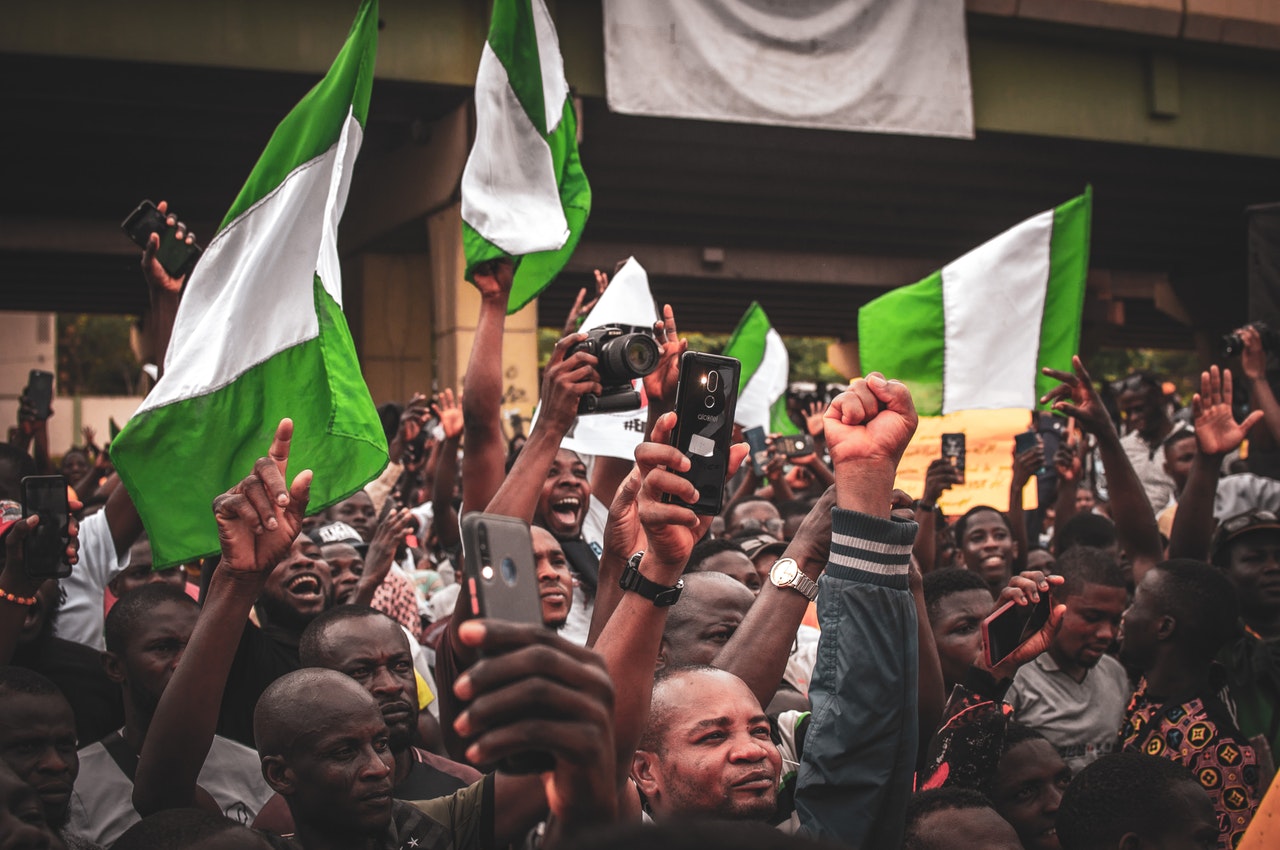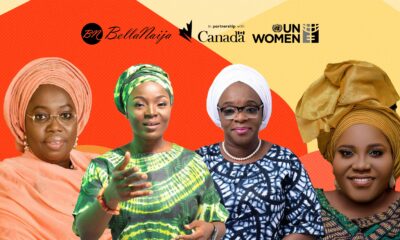Features
Tari Taylaur: The Role Nigeria’s Elite Should Play in Politics

Election season is here again! As we cruise along the intrigues and power play that lead up to the selection of a new government in 2023, it’s interesting to review the role that Nigeria’s elite plays in the political space.
“Big man no dey vote!”
I’ve lost count of the amount of times I’ve heard that on the streets. It is a well known fact that the elite have historically played a passive role in the processes that lead up to the emergence of governments in Nigeria. Why is this the case though? Is there a separate set of policies and administration that govern the elite? Why would they be so consistently uninterested in something that affects them as much as it does the average man on the street?
We all joke that each household or individual in Nigeria operates as a mini-government of its own; you provide your own electricity, water supply, security, education, health care, and social security, in a nutshell. So the reasoning is that if you can afford to make these services and amenities available for yourself and dependents, why do you need a government at all?
But then, the same elite is dependent on favourable government policies and connections to enable them sustain the businesses and livelihoods that fund their lifestyle. So in one way or the other, you still need the government to be working, albeit not necessarily for the majority, but to support your personal comfort. Even if you provide for yourself the services of the most up-to-date security company, can you exist in a vacuum if everything around your fortress is under attack?
During the covid lockdown in 2020, every Nigerian, irrespective of status, was faced with the jarring reality that we are all in the same boat. When you get sick, and do not have the luxury of flying out to get medical attention, but have to depend on the local health services, it becomes a new sort of reality! How about the hunger that ruled the streets when the majority of citizens who live on a daily wage were not able to feed themselves for that period. I know, first-hand, how many affluent people lived in fear of being invaded by the hungry masses, who in the absence of a daily wage, had no choice but to feed on the rich.
Have the elite woken up to the need for their involvement in elections?
The recent drive by INEC to register voters toward the 2023 elections, was marked by advocacy from various elements of society, including the elite. Events in the last two years, including COVID-19 and #EndSARS protests, have awakened the ‘enlightened’ Nigerian to the depth of vulnerability he/she is plagued with in the face of anarchy.
To what degree should the elite be involved in politics? Should they be putting themselves forward as candidates? Or throwing their weight behind candidates they consider to be worthy? Should the elite be joining political parties en masse? Or establishing their own parties to be driven by sound ideologies and leaders with a positive track record? Perhaps the elite should swoop down on the masses with voter education and social investment programmes that will allow them to be more independent in their choices, come 2023.
However, what the elite should not do, in this election season, is continue in the self-serving approach to government and politics, where they only get involved when it furthers their own agenda. This is no different from the stomach infrastructure framework that governs the participation of the poor in politics. Where the masses queue up with their bowls in hand, waiting for the gods of politics to serve them rice and a daily stipend, the elites are also busy trooping to government houses and hang-outs, rent seeking for their survival.
This practice is not sustainable for the survival of our political institutions, regardless of whatever end of the spectrum you operate on. To achieve the sort of leadership that will take us into a future of dignity and well-being for every Nigerian, all hands need to be on deck in choosing our leaders at every level.
A Nigeria that works is in the best interest of all people, therefore the burden of making it work rests upon each and every one of us. Get involved, make Nigeria work!
***
Photo by Tope A. Asokere from Pexels























